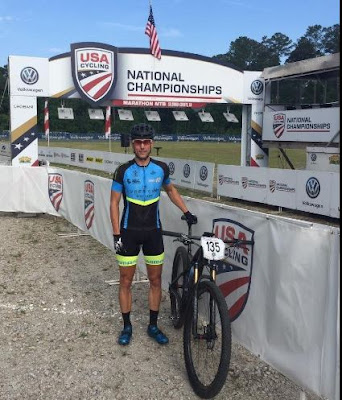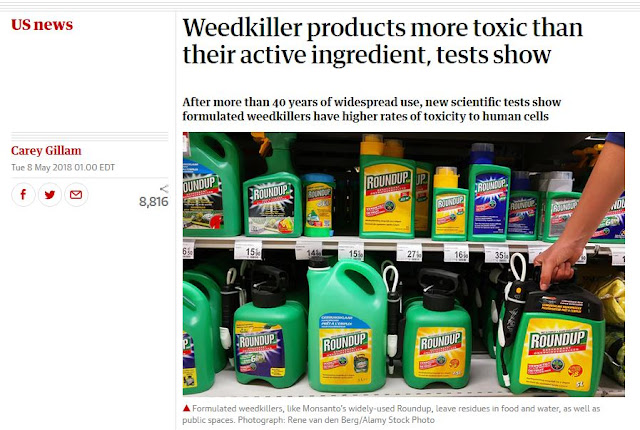Thoughts for Today - Changes

The website GM Watch has harassed me for years, providing false, derogatory information about me. I ignore it. Most people ignore it. They speak to their echo chamber and that's about it. Recently they have found a tremendous ally in someone that used to be very close to me. She has been funneling information to them that is happily crafted into willful misinterpretations that are potentially quite damaging. They then used bots to create spam letters to my university calling for investigation. They only generated 1000. However, the smear campaign fueled by personal issues to resolve has forced me out of my current position. It is not fair to my university, students, farmers or colleagues to have leadership working with tremendous personal distraction. Anti-GE interests have been relentlessly spamming social media and email of journalists and papers to cover the story. Nobody is interested. The Independent Florida Allig...






